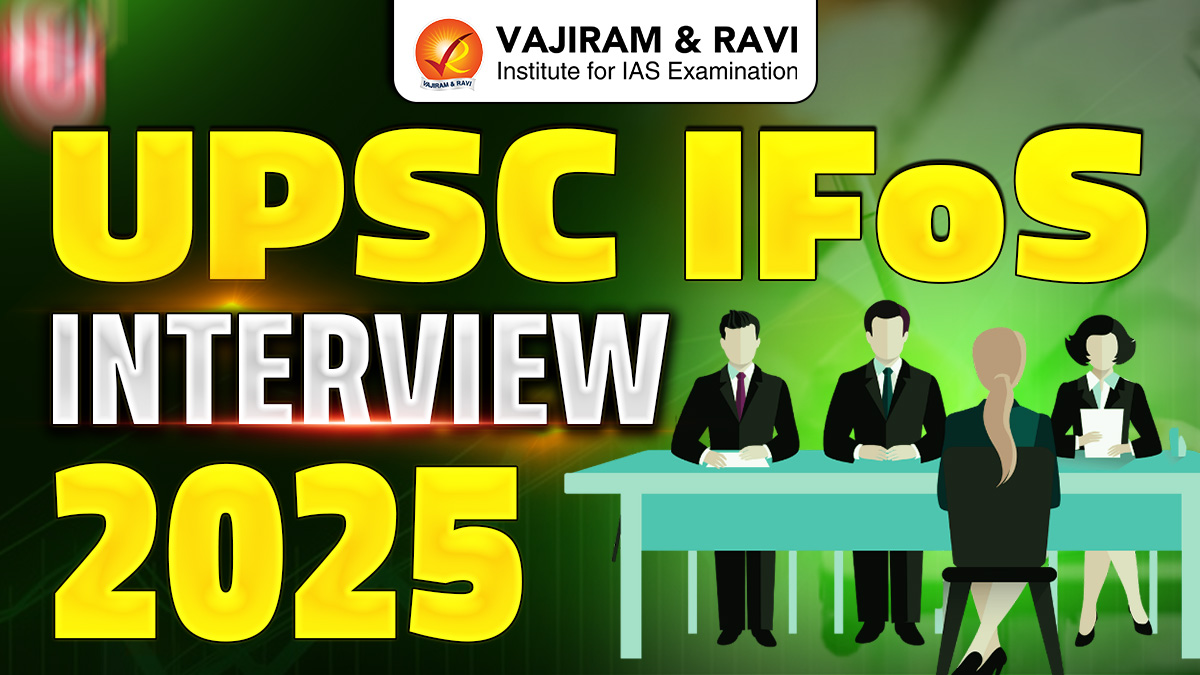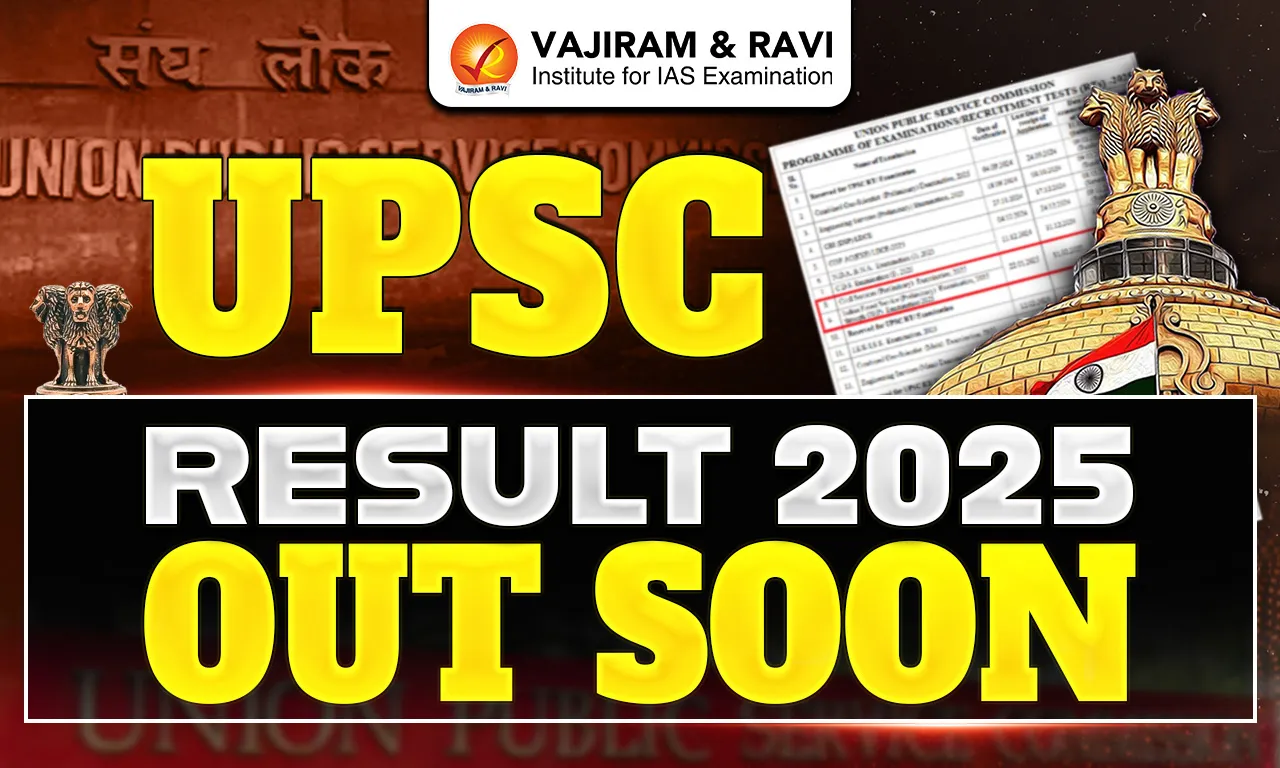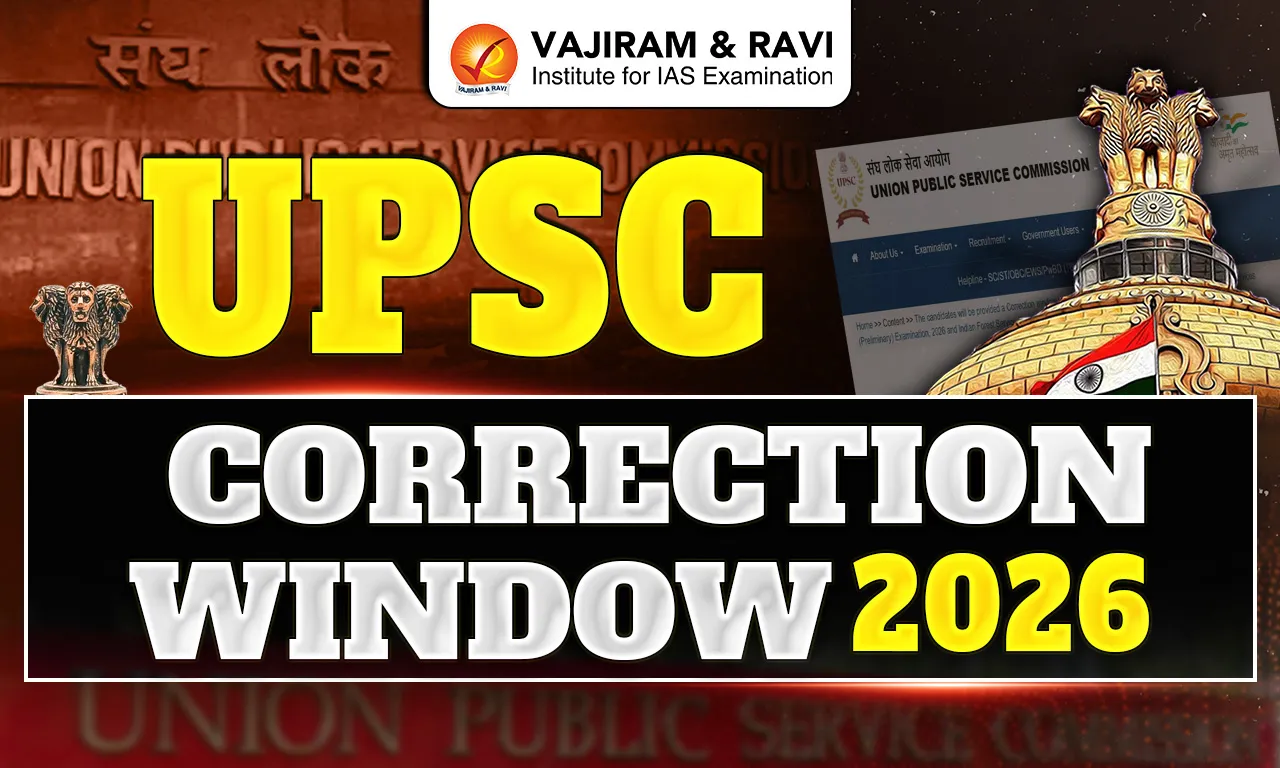Making Notes for preparing for the UPSC examination demands a structured approach that includes thorough research, focused study, and strategic note-taking. These notes act as your personal guide through the vast sea of information, helping you retain and revise important concepts efficiently. The UPSC exam requires a balanced approach. Your notes can help you identify your strengths and weaknesses, allowing you to allocate more time to areas that need improvement.

In this article, we'll delve into the art of making effective notes that can become your invaluable study companions on your UPSC journey.
How to Make Notes for UPSC?
Learning to make notes for the UPSC Exam is of paramount importance for an aspirant. You can adapt linear formats or opt for mind maps. Instead of spending your time making separate notes for both the Prelims and Mains Examination, focus on preparing integrated notes subject-wise that aid your preparation for both Prelims and Mains. This saves time and energy and can be used in your last-minute revisions.
Note-Making Strategy for UPSC Exam
- Before you dive into note-taking, understand your learning style. Are you a visual learner who benefits from diagrams and charts? Or are you more comfortable with textual information? You can tailor your notes to your own preferences, incorporating visual aids, diagrams, and flowcharts. These personalised elements enhance your understanding and make learning more enjoyable.
- Resist the temptation to note down every single detail. Instead, focus on the core concepts, key facts, and important examples. Use abbreviations wherever possible. As the exam date approaches, you don't have the luxury of reading through entire textbooks. Notes condense information into manageable sections, enabling swift and effective last-minute reviews.
- Translate complex ideas into simple, concise sentences in your own language that makes it easy for you to understand. Summarise lengthy passages, but make sure you retain the essence of the content. Use bullet points, headings, and subheadings to organise your notes effectively. This practice will also help you in your UPSC Mains Answer Writing.
- Integrate your Subject Notes with Current Affairs. Keep your notes current by adding recent developments, current affairs, and changes in policies. Regularly update your notes to reflect the latest information. Having a combined set of notes will help in your overall preparation for both Prelims and Mains and limit your need to refer to multiple sources. For Example, if you making notes on the Subject of Polity:
- First, make notes covering your static portion - like the Chapter on the Supreme Court.
- Under this you will cover-
- When and where was the first Supreme Court of India Set up
- How many Judges are there in the Supreme Court?
- Authority of the Supreme Court
- Functions of a Supreme Court
- Role of a CJI
- In the Current Affairs section, you can integrate the News related to the Supreme Court under the same static section.
- Identify keywords that encapsulate the main ideas of a topic. Highlight or underline them to create a quick reference while revising. Note-making is an active learning process. You must analyse, synthesise, and rephrase information, which enhances your grasp of the subject matter and reinforces your memory.
- Visual aids like mind maps, flowcharts, and diagrams can simplify complex relationships between concepts. They're particularly helpful for subjects like polity, geography, and science.
- Illustrative examples and case studies make your notes more comprehensive and relatable. They also help you understand the practical application of theoretical concepts.
- Frequently revisit your notes to reinforce your memory. Regular revision is key to retaining information in the long run.
- Draw connections between different topics and subjects. Linking concepts helps you grasp the bigger picture and enhances your analytical skills. Integrating current affairs updates into your notes keeps your study material relevant and up-to-date, a crucial aspect of the dynamic UPSC examination.
Importance of Making Notes for UPSC Exam
Preparing for the UPSC Examination is an endeavour that demands dedication, organisation, and a comprehensive approach. Among the arsenal of strategies at your disposal, note-making stands out as a fundamental technique that can significantly enhance your chances of success. Here are a few points on why Note- Making is an important part of UPSC Exam Preparation:
- Retention and Revision: Note-making for UPSC acts as a condensed version of the extensive syllabus. Creating concise notes helps you break down complex concepts, making them easier to retain and revise. When the exam date draws near, these notes become your quick reference guide for efficient revision.
- Clarity and Focus: During your extensive study sessions, you encounter vast amounts of information. Note-making forces you to sift through the material, identify key points, and organise them logically. This clarity aids in understanding the subject matter more profoundly.
- Personalised Learning: Your notes reflect your unique understanding and interpretation of the subject matter. Revisiting your own notes triggers memories of when you initially learned the material, making it easier to re-engage with the content.
- Quick Reference: With voluminous textbooks and study materials, locating specific information can be time-consuming. Notes serve as your personal index, providing instant access to crucial facts and concepts.
Note-Making for UPSC is not just a passive task; it's a dynamic process that aligns with your learning style, optimises revision, and aids in retaining critical information. Your notes become your allies, guiding you through the vast UPSC syllabus and acting as a testament to your dedicated preparation.
How to Make Current Affairs Notes for UPSC?
Creating effective current affairs notes is essential for UPSC preparation, as staying updated with recent events and developments is a significant part of the examination. Here's a step-by-step guide on how to make current affairs notes for UPSC:
- Start by selecting reliable sources of current affairs information. This includes newspapers like The Hindu and The Indian Express, magazines like Yojana, Kurukshetra, government websites, etc.
- Dedicate at least 1.5-2 hours each day to read and gather information from these sources. Stay consistent to ensure you don't miss out on important updates.
- Link the current affairs topics to the UPSC syllabus and specific exam components. This will help you understand the relevance and potential questions. Create categories or sections in your notes based on subjects like polity, economy, science and technology, international relations, environment, and so on.
- As you read the Newspaper or other important Current Affairs Magazine, highlight or underline important points, data, statistics, and relevant facts. This will help you quickly identify the most critical information later.
- After reading an article or news piece, summarise the key points in your own words. Organise your notes using bullet points and headings. Keep your summaries concise, focusing on the main idea and significant details. This enhances readability and allows you to grasp information quickly during revisions.
- Connect the Current Affairs with their Backward and Forward Linkages. For a comprehensive understanding, include a brief context of the event. Mention the background, reasons, and implications of the event where relevant.
- For events that occur over a period, create timelines to visualise the sequence of events. This is especially useful for understanding science and technology, policy changes, diplomatic visits, etc.
For Example: News on Chandrayaan-3
- To make your Notes on this news article, you will also have to cover the News about Chandrayaan 1 and Chandrayaan-2
- the process of how will the Chandrayaan reach Moon
- From where will it be launched
- How many days will it take to reach the moon
- What are the different PSLVs
- What is ISRO? Which organisation is responsible for the launch? etc.
Remember, the goal is to create notes that are concise, comprehensive, and tailored to your learning style. Effective current affairs notes will help you not only during the Prelims and Mains but also in the personality test (interview), where recent events can be a crucial discussion point.
Also Check:
Last updated on February, 2026
→ UPSC Notification 2026 is now out on the official website at upsconline.nic.in.
→ UPSC IFoS Notification 2026 is now out on the official website at upsconline.nic.in.
→ UPSC Calendar 2026 has been released.
→ UPSC Final Result 2025 is expected to be released soon.
→ Check out the latest UPSC Syllabus 2026 here.
→ Join Vajiram & Ravi’s Interview Guidance Programme for expert help to crack your final UPSC stage.
→ UPSC Mains Result 2025 is now out.
→ UPSC Prelims 2026 will be conducted on 24th May, 2026 & UPSC Mains 2026 will be conducted on 21st August 2026.
→ The UPSC Selection Process is of 3 stages-Prelims, Mains and Interview.
→ Prepare effectively with Vajiram & Ravi’s UPSC Prelims Test Series 2026 featuring full-length mock tests, detailed solutions, and performance analysis.
→ Enroll in Vajiram & Ravi’s UPSC Mains Test Series 2026 for structured answer writing practice, expert evaluation, and exam-oriented feedback.
→ Join Vajiram & Ravi’s Best UPSC Mentorship Program for personalized guidance, strategy planning, and one-to-one support from experienced mentors.
→ Check UPSC Marksheet 2024 Here.
→ UPSC Toppers List 2024 is released now. Shakti Dubey is UPSC AIR 1 2024 Topper.
→ Also check Best UPSC Coaching in India
How to Make Notes for UPSC FAQs
Q1. How to Make Notes for UPSC?+
Q2. How to Make Notes for UPSC Prelims?+
Q3. How to Make Notes for UPSC Mains?+
Q4. How to make notes from newspapers for UPSC?+
Q5. Is it necessary to make notes for UPSC?+













